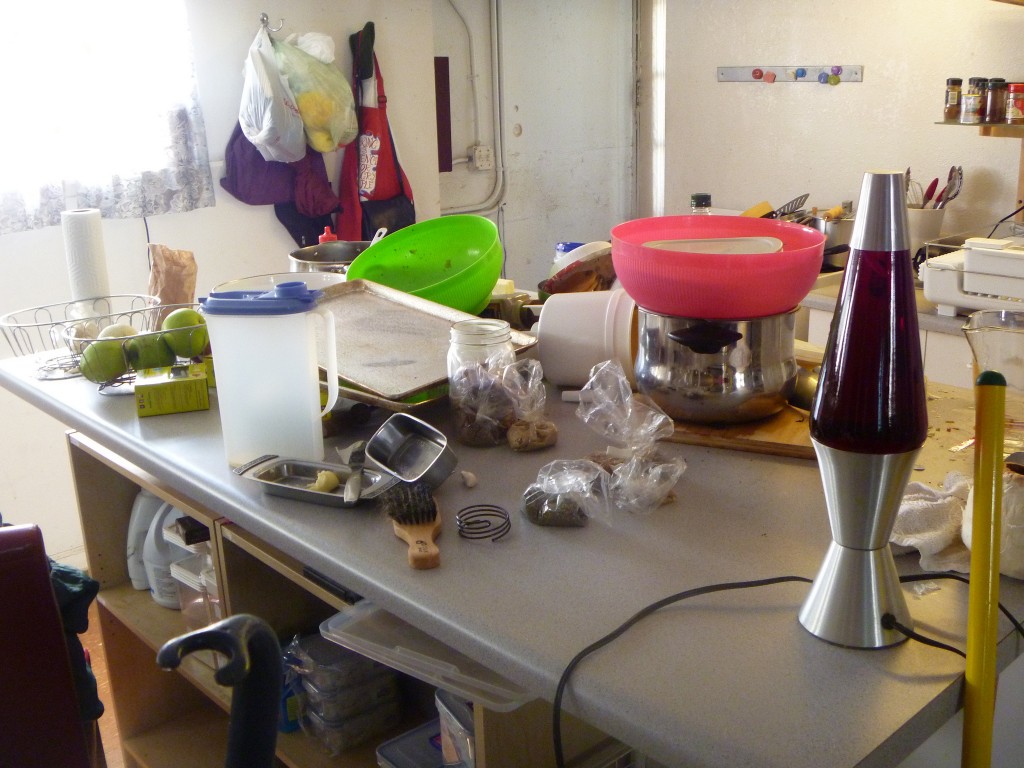Concerned about your child’s development? New West has many resources.
If a child is born healthy, the future seems limitless. But for some of us, the dream of sports trophies, academic achievements and a large group of friends fades as we slowly come to see that something just isn’t right.
Where can you turn if your child is not hitting important milestones, showing odd behaviour or giving you other reasons to worry about his or her development? If you’re in New West then you’re in luck. There are many places with information, support and help.

If you’re not sure whether there’s a reason for concern
Sometimes, especially if you’re a first-time parent, it can be hard to know how your child is doing in relation to his or her peers. If, for example, your daughter isn’t walking at 14 months, is that normal?
The free drop-in programs for the under-5 crowd at New Westminster Family Place or Strong Start can help. The staff is well versed in child development and you’ll get an opportunity to meet other families with kids who are the same age to give you an idea of how your child is doing in comparison.
Your family doctor can be a great source of information about child development and can give a referral to a pediatrician or other services if needed.
The public health nurses at the Public Health Unit are also a great resource. They often have more time to discuss your concerns than a family doctor, so if you’re there for immunizations, it’s a great opportunity to discuss any concerns you have.
Important note: nobody is ever going to know more about your child than you. If your gut tells you that there’s something to be concerned about, it’s important that you follow up, even if health professionals are telling you that everything is fine.
If there’s a reason for concern
If you know that there are concerns that need to be addressed, the New Westminster Children’s Centre is your one-stop destination for getting the help you need. Located at 811 Royal Ave, they take referrals not just from medical professionals (like your doctor or public health nurse), but from parents as well.
Call them at 604.521.8078 local 318 and ask for either Infant Development (0-3 years) or Supported Child Development (3+ years). They will help you determine if your child meets the criteria to be eligible for services.
If your family is added to the caseload, a consultant will meet you at your home to discuss your concerns in detail. They have all of tools and knowledge to conduct an in-depth assessment, can suggest activities to help your child catch up and can refer you to therapies that may be appropriate, including speech therapy, occupational therapy and physical therapy.
New West residents with a First Nations background can also contact the Spirit of the Children Society. It provides the services that the NWCC does, but with special support and resources for First Nations families.
Bio: Linda is a New West mom with two boys. Her older son has Autism and her younger son is undiagnosed with developmental delays. You can read more about her personal experience with looking for help here. You can connect with Linda on Twitter.








